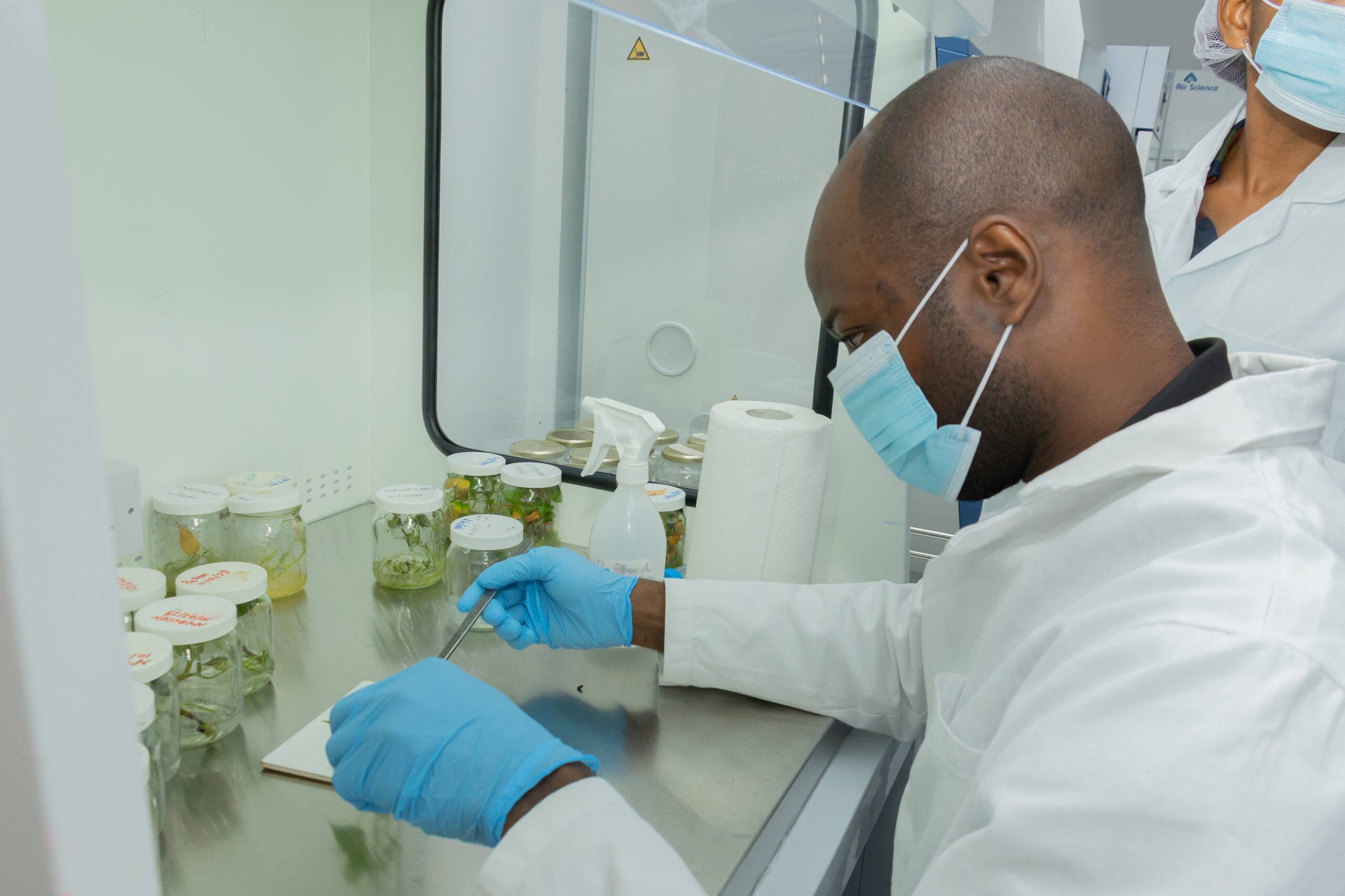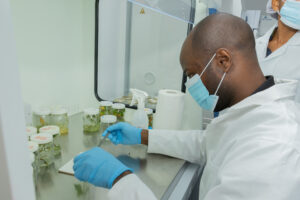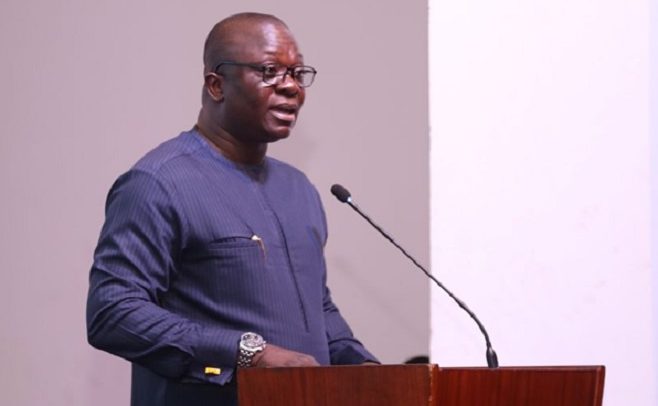


The West Africa Centre for Crop Improvement (WACCI), an agricultural research centre, has developed 279 improved crop varieties across 10 African countries in 18 years of operation.
WACCI is leading the charge in training African scientists to tackle the continent’s food and nutrition challenges with home-grown solutions.
Professor Eric Y. Danquah, the Founding Director of WACCI, said this at a high-level research symposium in Accra on Friday to commemorate the Day of Scientific Renaissance of Africa.
It was on the theme: “WACCI: Seed to Impact – Highlighting the Journey from Seed Funding to Tangible Outcomes.”
Prof. Danquah described the achievement as a model for reversing Africa’s brain drain and strengthening scientific capacity where it is most needed.
“Eighteen years ago, we began a bold vision, training Africans in Africa for Africa. Today, WACCI alumni have released 279 improved varieties and attracted over $62 million in research funding to their institutions,” he said.
He emphasised that WACCI’s approach kept African scientists rooted in their home countries, addressing real-world agricultural problems and driving innovation directly from the continent.
“A key success story is Dr Maxwell Asante, Director of the Crop Research Institute, who trained at WACCI and had since released 13 improved rice varieties in Ghana, helping to enhance national rice production,” Prof Danquah.
“Imagine if Maxwell had trained abroad and stayed there. That’s the cost of brain drain. What we’ve done at WACCI is to empower Africa with top scientists who stay and deliver.”
Mr John Dumelo, the Deputy Minister of Food and Agriculture, commended WACCI’s contributions to Ghana and the region.
He said the Government was committed to supporting institutions like WACCI to reduce agricultural imports and achieve food self-sufficiency.
“We cannot feed ourselves, power our industries, or create jobs without science and research. Technology is the bridge to agricultural efficiency,” he stated.
Mr Dumelo pledged the Government’s resolve to cutting commodity imports by half and ending seed importation by investing in local innovation and seed development.
“We are fully committed to partnering with research institutions like WACCI to deliver long-term solutions for Ghana’s agricultural sector,” he said.
The Deputy Minister assured that Parliament would advocate and support policies that accelerated agricultural transformation through science and innovation.
The event coincided with the Day of Scientific Renaissance of Africa, celebrated annually on June 30, to recognise the continent’s scientific achievements and emphasise the role of innovation in national development.
WACCI’s 18-year journey, from a seed-funded project to a regional centre of excellence, embodies the kind of homegrown solutions the African Union envisioned when it established the commemorative day.
Currently, WACCI is developing improved varieties of maize, rice, tomato, millet, and cowpea.
The Centre is transitioning into a new phase of growth with access to the Ghana National Research Fund, which became operational following the closure of a World Bank project.
This will enable a new wave of scientific innovation and locally led crop improvement efforts in the years ahead.
Source: GNA
The post WACCI powers Africa’s food security with 279 crop varieties in 18 years appeared first on Ghana Business News.
Read Full Story



















Facebook
Twitter
Pinterest
Instagram
Google+
YouTube
LinkedIn
RSS